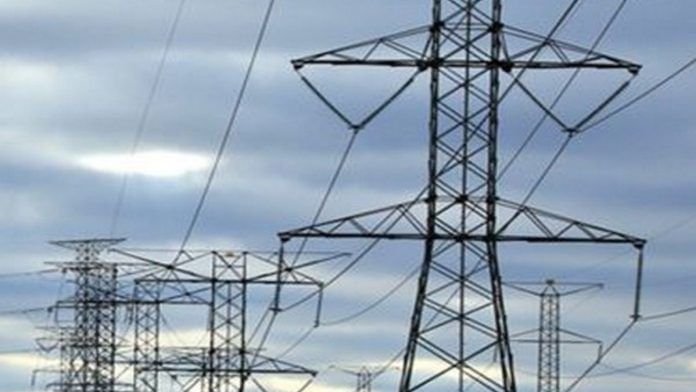When I travel across India, I often think about how far we’ve come since Independence and how much further we can go if we direct our energy, quite literally, in the right way.
Today, India is one of the few nations that have not only honoured but also exceeded their Paris Agreement commitments. We are on track to meet 50 per cent of our energy needs from renewable sources by 2030, and in several quarters, we have already generated enough power to meet or even exceed domestic demand. Our challenge now is not how to produce energy, but how to use it wisely.
Much of our electricity still flows through transmission lines set up decades ago. Nearly a fifth of energy is lost before it even reaches homes and businesses. In some regions, people face power cuts; in others, energy is simply wasted. This imbalance raises a question: if India is power-ready, why aren’t we power-secure? The answer lies in storage and decentralisation.
We must learn to hold what we create. Renewable energy—solar by day, wind by night—needs modern battery systems and local grids that can store and share power for each community. Imagine every district as its own self-sufficient hub, producing and managing clean electricity. That is what “decentralisation” really means—not isolation, but independence. And yes, when designed well, decentralised off-grid can be both cost-effective and efficient, because it cuts transmission losses, reduces bills, and gives people control over their own resources.
Also read: Trump’s meandering message at UN—renewables, immigration will be the death of Europe
Net-zero development
The same philosophy applies to where and how we build it. When Prime Minister Narendra Modi launched Pradhan Mantri Awas Yojana, he was not just promising roofs; he was promising dignity. Now we must link that dignity to sustainability. Affordable housing should also be net-zero housing—homes that depend less on central networks. Electricity, sewage, and water can all be decentralised through smart design.
In 2013, the Ministry of Environment marked several areas across the country as red zones—no-construction, no-industry belts—to protect the fragile ecosystems. Many of these zones are populated, with communities waiting for development that never came. States were asked to review and justify which regions could safely move out of those restrictions, but many reports still lie pending.
This is where net-zero can be transformative. If we enable net-zero buildings, factories, cold storages, tea estates, schools, and hospitals, they can operate without harming the environment. We can change our attitude from “no” to “yes, if sustainable”. Development need not mean destruction; it can mean innovation. Without development, people cannot thrive, but without responsibility, growth cannot last.
I saw this balance firsthand in Jhansi — a public library built entirely on net-zero principles. It’s a government facility that pays no electricity bill and even sends surplus power back to the grid. It’s air-conditioned, modern, and visited by more than 250 students every day. This proves net-zero is possible on the ground.
This is the essence of the United Nations Sustainable Development Goals—growth that is inclusive, equitable, and lasting. We don’t need to halt progress to save the environment — we need to redefine it. net-zero is how transmission becomes transition, how we move from talk to transformation.
If every project we built—public or private—were held to measurable net-zero standards, India could lead the world in showing that a country’s prosperity doesn’t have to be delinked from the planet’s prosperity. We have the innovation, the policy framework, and the political will. What remains is a collective choice—to say yes to sustainable net-zero development.
Meenakashi Lekhi is a BJP leader, lawyer and social activist. Her X handle is @M_Lekhi. Views are personal.
(Edited by Saptak Datta)






